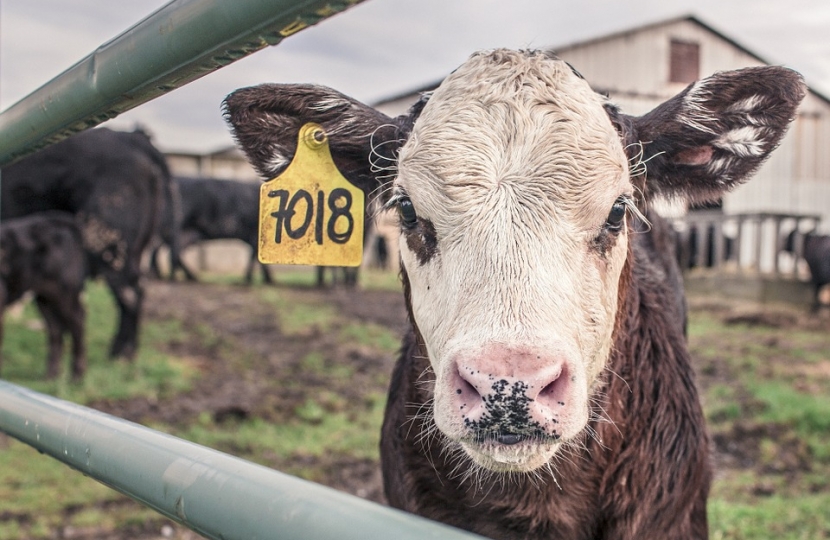
I have pressed the Government to find ways to expand apprenticeships to include seasonal industries such as farming and tourism.
Last week in Parliament, following a statement on apprenticeships from the Minister for Universities and Science, I said,
“The Minister mentioned broadening out apprenticeships. Can he tell me what progress has been made in encouraging apprenticeships in highly seasonal industries, such as farming and tourism?”
In my capacity as Co-Chair of the cross party APPG on the Visitor Economy, I have been working with the Government to establish a pilot for a seasonal apprenticeship programme.
The Minister for Universities and Science replied,
“I am grateful to my hon. Friend for that question… Our minimum requirement that an apprenticeship has to last 12 months poses problems for very seasonal businesses, which will employ people for perhaps six or nine months, but not a continuous 12-month period. With the tourism industry, in which he is particularly interested, we are looking at establishing a pilot whereby an apprentice may be employed for 12 months out of a 15-month period. Hopefully, such an approach would encourage more apprenticeships in that and other sectors.”
The Government has made great progress with apprenticeships. In the previous Parliament, 2.4 million people started an apprenticeship in the UK and by 2020, the Government wants a further 3 million to have that opportunity. Between 2010 and 2015 there were 4050 apprenticeship starts in Mid Worcestershire, more than double the number in the five years before. Of the 820 apprenticeship starts in the last year, 470 were of an intermediate level, 320 advanced and 20 higher. 220 of these were taken up by under 19s, 270 by 19-24s and 330 by over 25s.
I am pleased to have the opportunity to celebrate this success, particularly with this week being National Apprenticeship Week. The Government rightly wants to not only see more apprenticeships but better apprenticeships in more sectors, covering more roles, something I wholeheartedly agree with.
Apprenticeships make companies more competitive. Some 70% of employers report that apprentices help to improve the quality of their product or service. They offer people a ladder to climb, with both higher pay and a sense of personal fulfilment at the end of it. Apprenticeships also improve the diversity of the workplace: 53% of the people starting an apprenticeship in 2014-15 were women; 10.6% were from a black or other minority ethnic background, up from 8% in 2009-10; and 8.8% had a disability or learning difficulty.
National Apprenticeship Week (NAW 2016) is co-ordinated by the National Apprenticeship Service and is designed to celebrate apprenticeships and the positive impact they have on individuals, businesses and the wider economy. The key themes for National Apprenticeship Week 2016 are: “An apprenticeship can take you anywhere”, with a particular focus on higher skills to show how young people, entrepreneurs and businesses can “rise to the top” through traineeships and apprenticeships.
